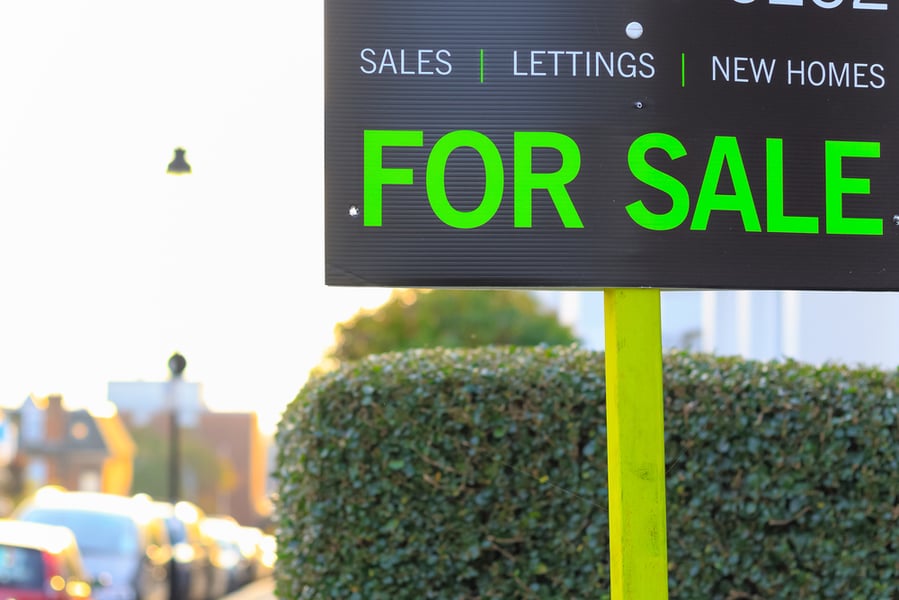Across the South average asking prices fall -3% in London, -2% in South East and -1% in South West.

The UK property market has continued to slow in the face of Brexit uncertainty - except for an 8% increase in first-time buyers exchanges - the TwentyCi Property & Homemover Report for Q3 2019 has shown.
The report found that whilst property exchange volumes held up with 966,464 homes exchanged in Q3 (marking a 2.2% growth year-on-year) there was a decline of new properties coming on the market.
Q3 saw a total of 1,715,395 new instructions, 212,319 fall throughs and 801,013 withdrawals in the market, to change agent, or withdraw in this quarter.
Properties valued at £300k and below sold best in Q3, with exchanges up across all property price bands to this value compared to the same period last year.
More properties were also exchanging from lower income household bands from £15,000 upwards. Overall households with income bands of £20,000-£50,000 were proportionally buying and selling more properties covering a total of 126,941 exchanges.
Colin Bradshaw, chief customer officer at TwentyCi, said: “Consistent to our previous reports, this last quarter has again shown an overall slower moving market, reflecting the current unpredictable trading environment.
"Consumers are showing caution when it comes to both buying and selling property. With the likely outcome of Brexit still unclear, the uncertainty over both the economy, consumer confidence and the housing market will persist at least in the short-term.”
Nationwide, there is a clear North-South divide with any growth in average asking prices across the North of the UK and the Midlands, while London and the south show a small percentage reduction in average asking prices.
The figures reveal a 7% growth in Scotland, 5% in North East, 4% in Yorkshire and the Humber and 2% in the North West and East Midlands.
However there was a fall in asking prices of -3% in London, -2% in South East and -1% in South West.
But across the UK’s major cities average asking prices have been more resilient overall with more major cities reporting an increase for example, Leeds (7%) and Nottingham (5%) or holding steady – with the exceptions being Birmingham (-1%), London (-3%) and Southampton (-3%).



